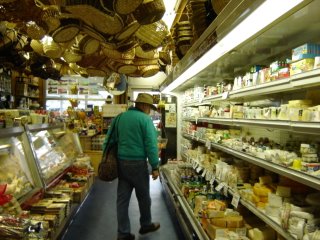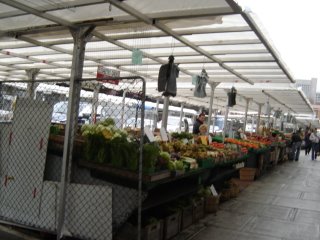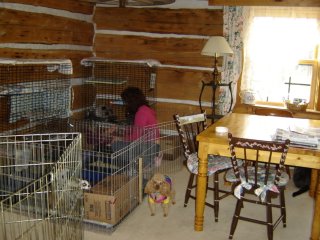Implacable Enemies
When I was much, much younger and mused about the situation in Northern Ireland, and discussed it with friends, we couldn't imagine the depth of hatred, the venom the IRA visited upon the Protestants living among them. We couldn't imagine why they detested the British and their place under British rule. But then, we didn't know enough about the British Isles and its history.
We did know, and abhorred the fact that Ireland was no friend to Great Britain when she was fighting for her life against German bombardment during the Second World War. That the green isle aided and did its best to assist German bomber-fighters in locating their target when all of England went dark, by leaving their own lights on, enabling location of bombing targets.
Go back a little further in history and there is Ireland, starving under the potato blight, when the major harvests failed, and Britain cared not at all to lift a lazy finger to help in the provision of food for the desperate Irish. The mass migration out of the country was a glad thing for England which couldn't rid itself fast enough of the Irish. There's a little history for us.
So why, what adequately explains how, after all, Ireland divided itself; half loyal to the British Crown, the other loathing it and determined to separate itself entirely. The Protestant half versus the Roman Catholic remainder? The two utterly irreconcilable, determined to do as much damage one to the other as possible. But no, this was not a religious war.
When I was in hospital some 40 years ago for a minor surgery a Protestant minister doing his pastoral duties came around and offered a little bit of company and compassion to a poor soul in hospital. I thanked him, said I was Jewish, and he explained his mission was non-denominational. I wasn't religious, I argued, saw no good come of it. He was taken aback, but took this in his stride and argued for all the good that religion has done for mankind.
I reminded him of the dreadful strife in Northern Ireland. But, he protested, aghast, that has nothing to do with religion! as I stared at him uncomprehendingly, wondering how someone who considers himself intelligent could make such an incredible assertion - and believe it.
Times change. Wonderfully. Unbelievably, in fact. I read now that Northern Ireland's first public housing development to accommodate both Protestants and Catholics in forty years was officially opened. The Troubles may indeed be a hardship long passed. Residents have signed a "neighbourhood charter" banning the erection of partisan flags used extensively across Northern Ireland in the past for to demarcate the two "tribes".
The segregation long practised by the warring factions not only resulted in the tragedy of lost lives and broken families, but a dreadful financial burden was brought to bear to maintain separate housing, duplicating facilities such as recreation centres and schools. Now, finally, there is an acknowledgement that not much separates them at all, and they are reconciled to living together in peace and harmony.
The project is the first one completed under the principles of the "Shared Future" document of April 2005, which outlined the British government's vision for a peaceful, inclusive and fair society.
Where there is determination and dedication to strive for peace there is hope. If it can happen in Northern Ireland, why not elsewhere around the world?
















